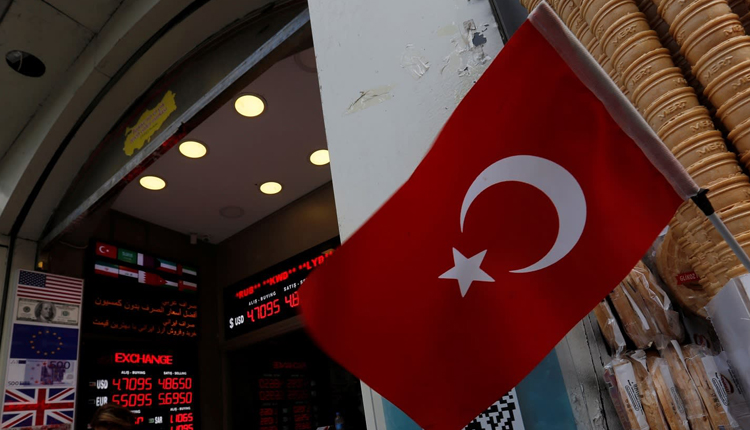Turkey’s central bank has discontinued another measure aimed at supporting the lira, a move that has faced criticism from bankers and investors in recent years, Bloomberg reported.
The bank announced the elimination of a regulation that compelled banks to purchase lira-denominated government securities if they failed to meet specific ratios for raising deposits in the currency.
This decision, according to the central bank, is expected to enhance market efficiency.
“As of today, we completely terminated the securities maintenance practice in order to enhance the functionality of market mechanisms and strengthen macro-financial stability” the central bank Governor Fatih Karahan stated in his speech at the Briefing on Inflation Report 2024-II.
The regulation was part of a series of measures implemented during a period of loose monetary policy in Turkey. However, this stance shifted in June of the previous year when aggressive interest rate hikes were initiated to address one of the world’s highest inflation rates.
“In order to support the rebalancing process in domestic demand, we lowered Turkish lira commercial loan and general-purpose loan growth limits to 2 percent, we introduced reserve requirements and terminated securities maintenance practice. Moreover, we raised the maximum interest rate on credit cards” His speech included.
The requirement for forced bond purchases characterised the era of unconventional policies, driven by pressure from President Recep Tayyip Erdogan to maintain low interest rates.
Under the new leadership of Governor Fatih Karahan, the central bank has been critical of these measures and has been gradually reversing them.
Last month, it terminated a bond-buying rule linked to loan growth. Cagdas Dogan, the research director of Istanbul-based Tera Yatirim, described the latest move as “marginally positive for the banking system.” Governor Karahan is scheduled to present the central bank’s latest inflation outlook on Thursday in Ankara.











